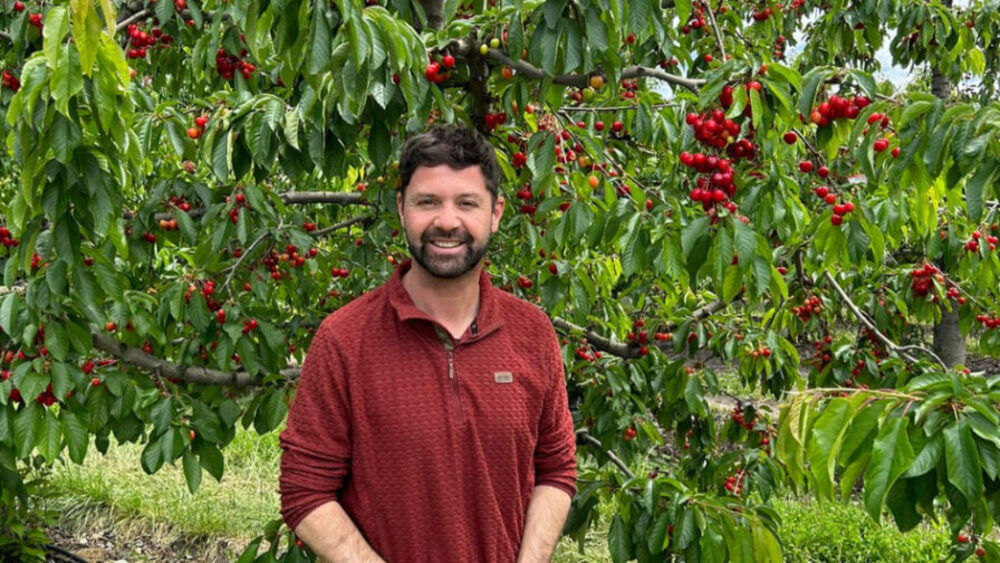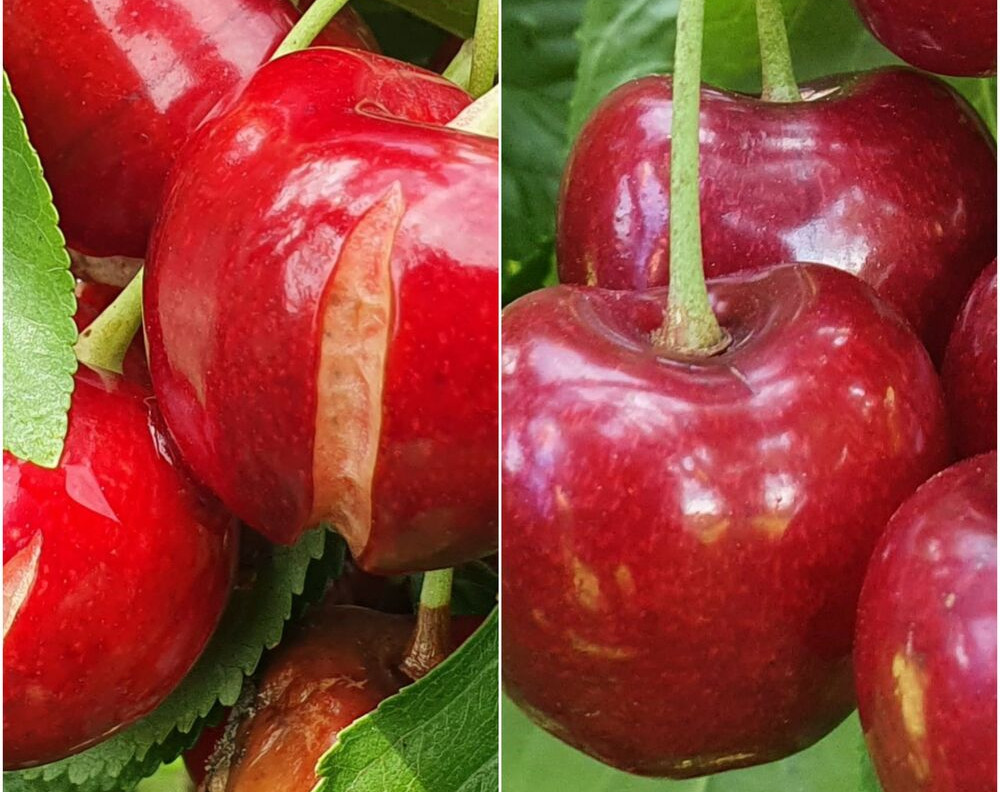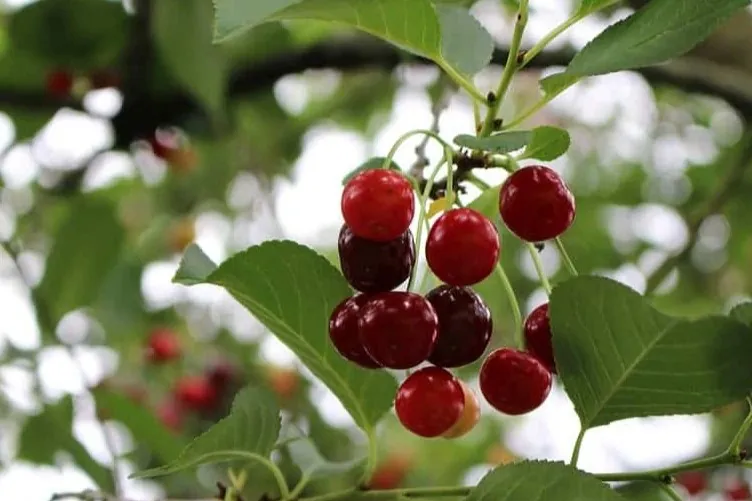The 2023-2024 Chilean cherry season is underway. Producers and exporters are facing several challenges, including the rains recorded in October and November, which affected the quality of the cherries.
In an interview with Mundoagro, Claudio Araya, agricultural manager of Frutera San Fernando (Frusan), said: 'The weather and the effect of the temperature affected us a lot, as we had a very irregular fruit set and many fruit abortions.
"The temperature in spring was quite irregular: we had very sunny days and cloudy days, which affected production. We saw very few effective bee flights, which is why we also applied extra pollen as support."
Regarding rainfall, Araya commented that rain was recorded in October and November. "In fact, about 15 millimetres of rainfall is expected in the sixth region today, which has prompted producers to pick the fruit early so as not to lose cherries to cracking. This will definitely generate great damage as cracking and lead to a further downward adjustment of the initial forecast numbers."
"Rain also generates excess water in the plant, which affects production and makes it difficult to achieve optimal quantities. Rainfall of more than 15, 20 millimetres creates an imbalance in the soil, the roots are not oxygenated in the best way and, therefore, water stress is generated," Araya added.
 Claudio Araya, responsabile agricolo di Frutera San Fernando (Frusan).
Claudio Araya, responsabile agricolo di Frutera San Fernando (Frusan).
Regarding the new cherry season, Araya explained that they are optimistic about this season. "Fruit farming in general has taught us to work very professionally. In previous seasons we had problems such as the cherry box with Covid in China, which resulted in a very bad year."
"This year will be much better, we are more optimistic in this respect. Expectations were to reach 100 million boxes, but because of the rains we dropped to 95 million boxes as a country. I think that thanks to the weather and logistics we will reach 85 million boxes, which will be just a bit more than last year.
In terms of varieties, Santina and Royal Down are the earliest and will be most affected by the weather problems. "These varieties will drop because we have had fewer chilling hours. Regina is one of the last varieties to be harvested, so we are monitoring it," Araya commented.
As for the challenges, Araya explained that at field level, the big challenge is the quality and condition of the fruit. "We do the work, but we have to improve day by day to have a high quality product and for the fruit to reach the market in the best possible way. When we have a limited budget, I think we have to take great care of what we have and meet the standards and requirements for the fruit we have to send."
"Another big challenge is the cherry processing and packaging lines. Processes have to be carried out faster. As a third challenge in logistics, I think ships, shipping companies and containers are also crucial. An infinite number of containers will be handled, so logistics is crucial to arrive in China with the best product,' Araya concluded.
Source: Mundoagro
Image: Mundoagro
Cherry Times - All rights reserved











